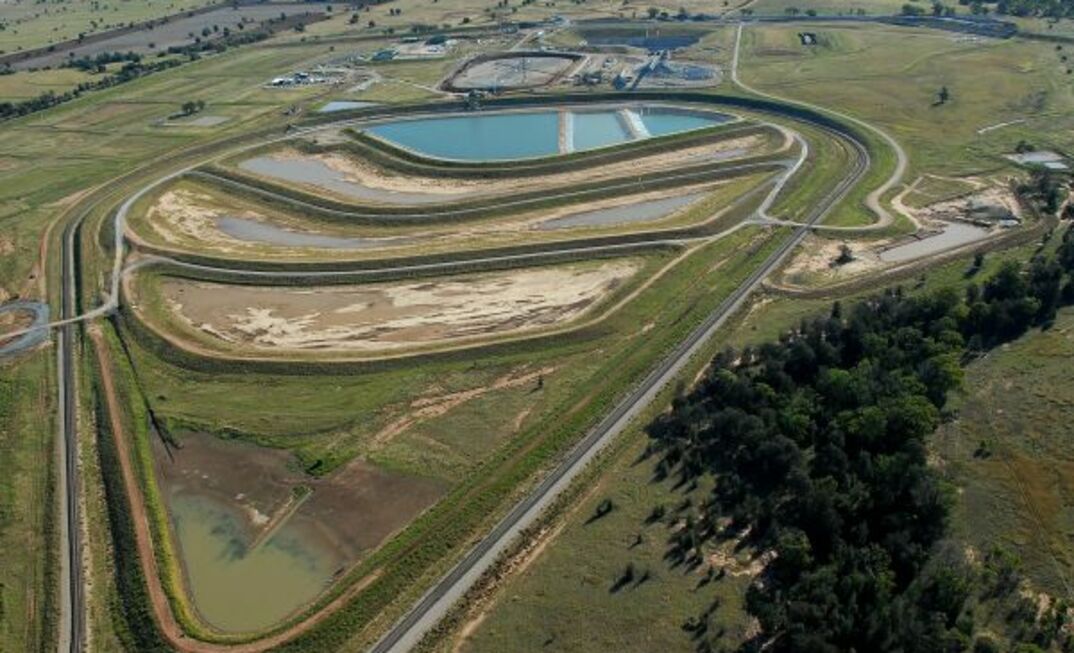The shire applied for a special rate variation from $65,000 to $185,000, claiming it needed extra funds to repair local roads being damaged by increased mine-related traffic.
However IPART chief executive officer Jim Cox said the application was refused because the Council did not set out in enough detail how it intended to spend the extra money it raised.
Cox has encouraged Narrabri Shire Council to reapply for the increase next year with a more detailed submission.
"I don’t think there's anything wrong with the principle that the mining company should pay the costs of fixing up the roads when it’s their trucks that do the damage," he reportedly told the ABC.
"But we want to see a clear program of works and justification for it and we want to be sure that there isn't a better way for the mining companies to pay."
Narrabri produced 137,000 tonnes of saleable coal year to March 2011, and continued the successful pre-drainage of in-seam gas to levels below the threshold for continuous mining.
“Confidence in the gas drainage model continues to grow as experience builds,” the company said.
“A program of surface to in-seam and underground in-seam drilling is continuing in order to create an inventory of drained coal ahead of mining.”
Whitehaven’s total coal sales were 1.33 million tonnes for the March quarter (100% basis), up 11% on the previous corresponding period. Sales comprised 1.05Mt of produced coal and 290,000t of purchased coal.
Export sales comprised 230,000Mt of metallurgical coal and 1.06Mt of thermal coal, with domestic thermal coal sales of 45,000t.
Saleable coal production was affected adversely during the first half of the financial year by an unusually high number of wet weather days, however the Gunnedah Basin was not affected significantly by wet weather in the March quarter.
The economic impact of lost production from wet weather in the first half was compounded by a number of factors, resulting in total coal purchases of 1.18Mt in the first half.
























